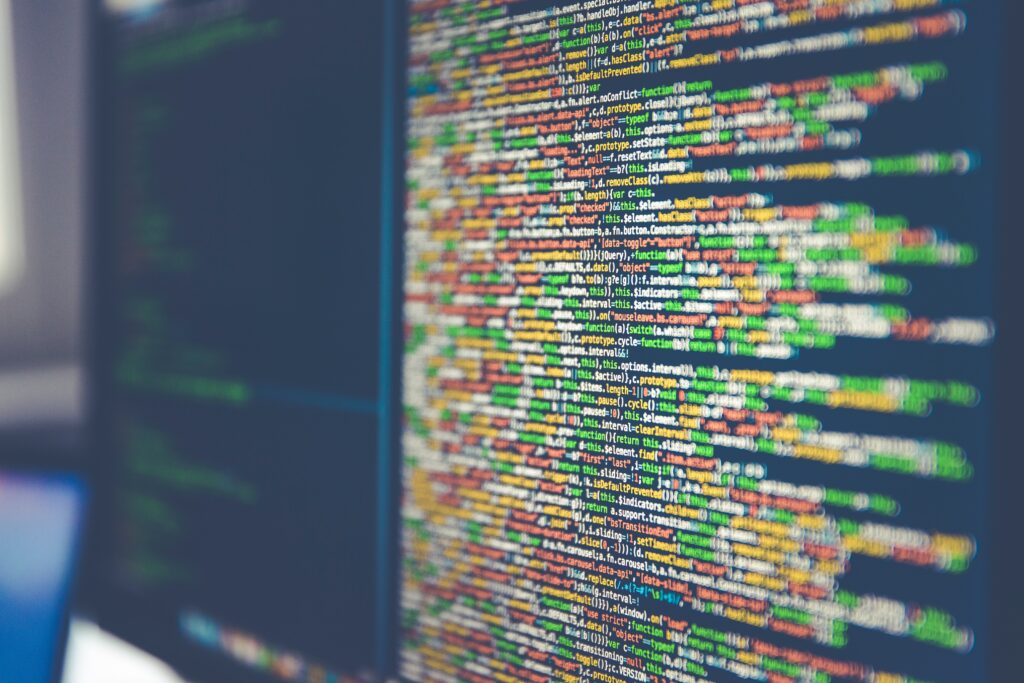AusPol / 18 January 2024
Putting the genie back in the bottle

The Squiz
The Albanese Government will establish an advisory group to look into the risks behind the rapid rise of artificial intelligence and formulate guidelines to help navigate the problems. It follows a round of public consultation on potential AI laws that received more than 500 responses, and Minister for Industry and Science Ed Husic handed down the interim report on it yesterday. Australia has been slow moving on AI regulation, but Husic said that needs to change if we want to reap the economic benefits – namely, a potential $600 billion increase to Australia’s annual GDP that research suggests AI could bring. “There’s also a trust issue around the technology itself, and that low trust is becoming a handbrake against the uptake of technology,” Husic says.
How do they tackle this?
As you might imagine, regulating the hugely transformative/disruptive tech isn’t straightforward, so the government’s considering a multi-pronged approach. First, it wants to distinguish between ‘low-risk’ AI (like spam email filters) and ‘high-risk’ (like generative AI that can create sinister content like deep fake images and videos). And there are suggestions like the labelling of AI-generated content, mandatory testing of new products, and training standards for software developers. Transparency measures are also a hot topic… This week, OpenAI – the US company behind ChatGPT – banned American politicians from using its technology for this year’s election campaigns. Concerns have been raised about the tech being used to spread misinformation, and the company said it’s working to “learn more about how people use or attempt to abuse our technology”.
What do the experts reckon?
Bill Gates is one who’s spoken up about AI in recent days… He’s at the World Economic Forum in Davos, Switzerland, where he said that he understands the fear around AI but believes it will offer huge global opportunities over the next 5 years. The context to that is Gates is one of the founders of Microsoft, which has made massive investments in OpenAI. “As we had [with] agricultural productivity in 1900, people were like ‘hey, what are people going to do?’ In fact, a lot of new things and a lot of new job categories were created,” Gates said about the opportunity. That’s a more glass-half-full take than the one the International Monetary Fund offered this week. It estimated that 40% of jobs globally could be affected by AI and has urged governments to get their social safety nets in place for those pushed out of the workforce.
Know someone who'd be interested in this story? Click to share...
The Squiz Today
Your shortcut to being informed, we've got your news needs covered.
Also Making News
Get the Squiz Today newsletter
Quick, agenda-free news that doesn't take itself too seriously. Get on it.
